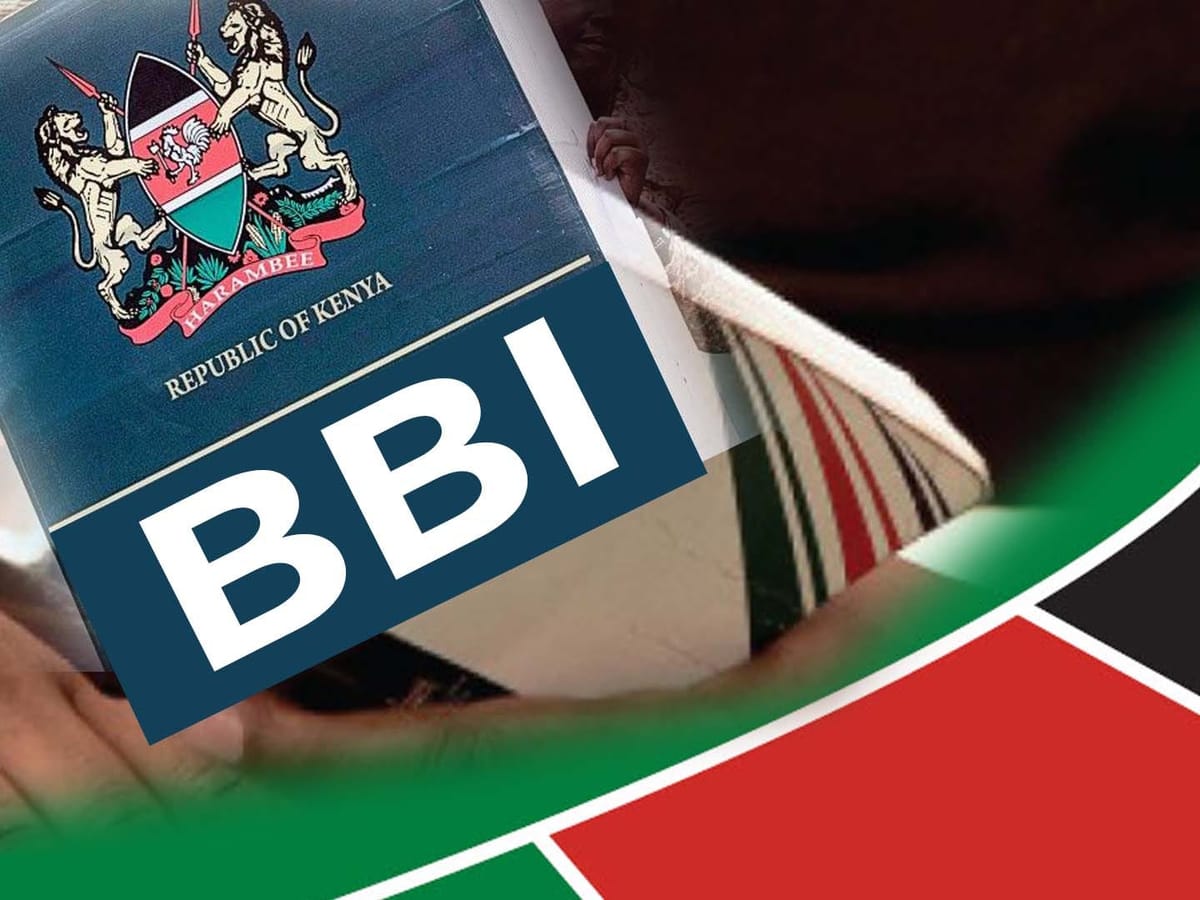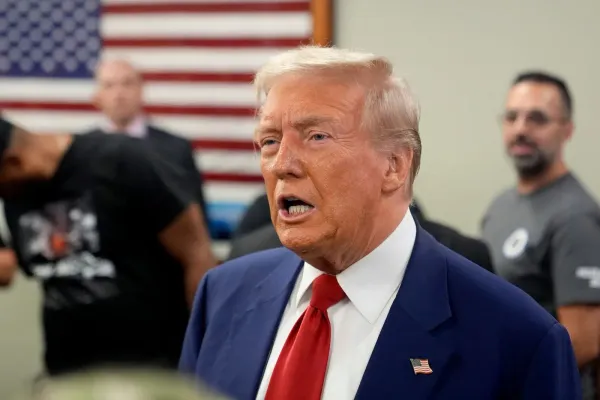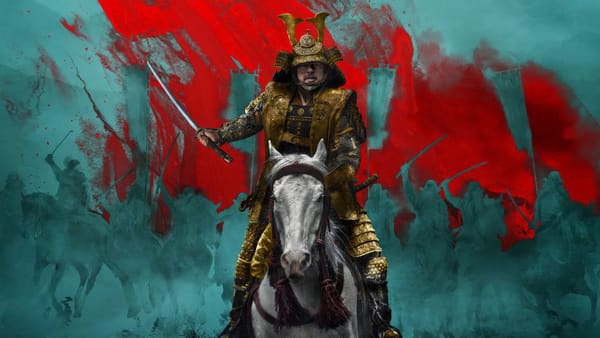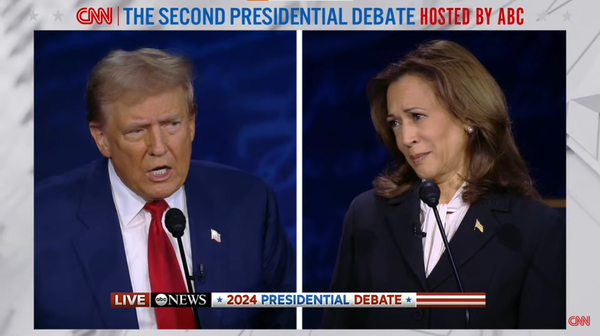The Death and Death of BBI
The BBI again went through another death, its second after being struck down by the High Court.

The Building Bridges Initiative, alias BBI, went through a second death last week when the Supreme Court struck it down. The Supreme Court as the highest court in the land is final and its rulings are final. The BBI again went through another death, its second after being struck down by the High Court. The Supreme Court hearing sat seven judges including Chief Justice Martha Koome, her deputy Philomena Mwilu, Judge Smokin Wanjala, Judge Njoki Ndung’u, Judge Isaac Lenaola, Judge William Ouko, and Judge Mohamed Ibrahim.
The President Cannot Initiate a Popular Initiative
The Supreme Court ruled that the BBI was an initiative of the president and as the ruler of the country, lacked the judicial justification to popularize an initiative. This view was not held by two of the judges, arguing that he retains his rights just like any other Kenyan.
“It is the numbers that count. It is the numbers that make the initiative popular.”
Judge Njoki Ndung’u was adamant that it was the number that mattered (the signatures) and not the one who popularized the bill. She said that “It is the numbers that count. It is the numbers that make the initiative popular.” However, the majority ruled that he could not popularize an initiative to change the constitution, collect a million signatures and then sit back and wait to assent the bill. As Judge William Ouko put it, “He [the president] cannot run with the hare and hunt with the hounds.” According to the majority, it was his popular move i.e. one he initiated, and he only passed the button when it was too late for recall.
Supreme Court: There Must be Public Participation
The Court also ruled that the move by the BBI to introduce 70 new constituencies and new prime minister, deputy prime minister, and official leader of opposition seats was illegal. The reason was that there was no public participation which is crucial in making such sweeping changes to the constitution.
Justice Martha Koome put it this way “There was no evidence of deliberations or public participation on the change of the Bill to add the Second Schedule.” This ruling cements the High Court’s ruling that there are tenets of the constitution that are untouchable and essentially, the constitution cannot eat itself by breaking its own provisions to amend itself.
The President Cannot Be Sued
Furthermore, the Supreme Court ruled that a seating president cannot be sued. We disagree with this as even in well-seated governments such as the US, the president can be sued. We are all equal before the law and if the president breaks it, then he should be sued.
Think of it this way, if the President took a gun from his guards and shot a man down, then he should be sued, prosecuted, and jailed while in his term, without affording him the privilege to wait until he is out of power to be sued. Even more importantly, the Supreme Court should have clarified whether the president can be sued post-term for his actions during his term. Our thoughts on this is that he should, and anyone feeling that the president involved himself in any illegal activities such as corruption, should be free to sue him to smithereens.





